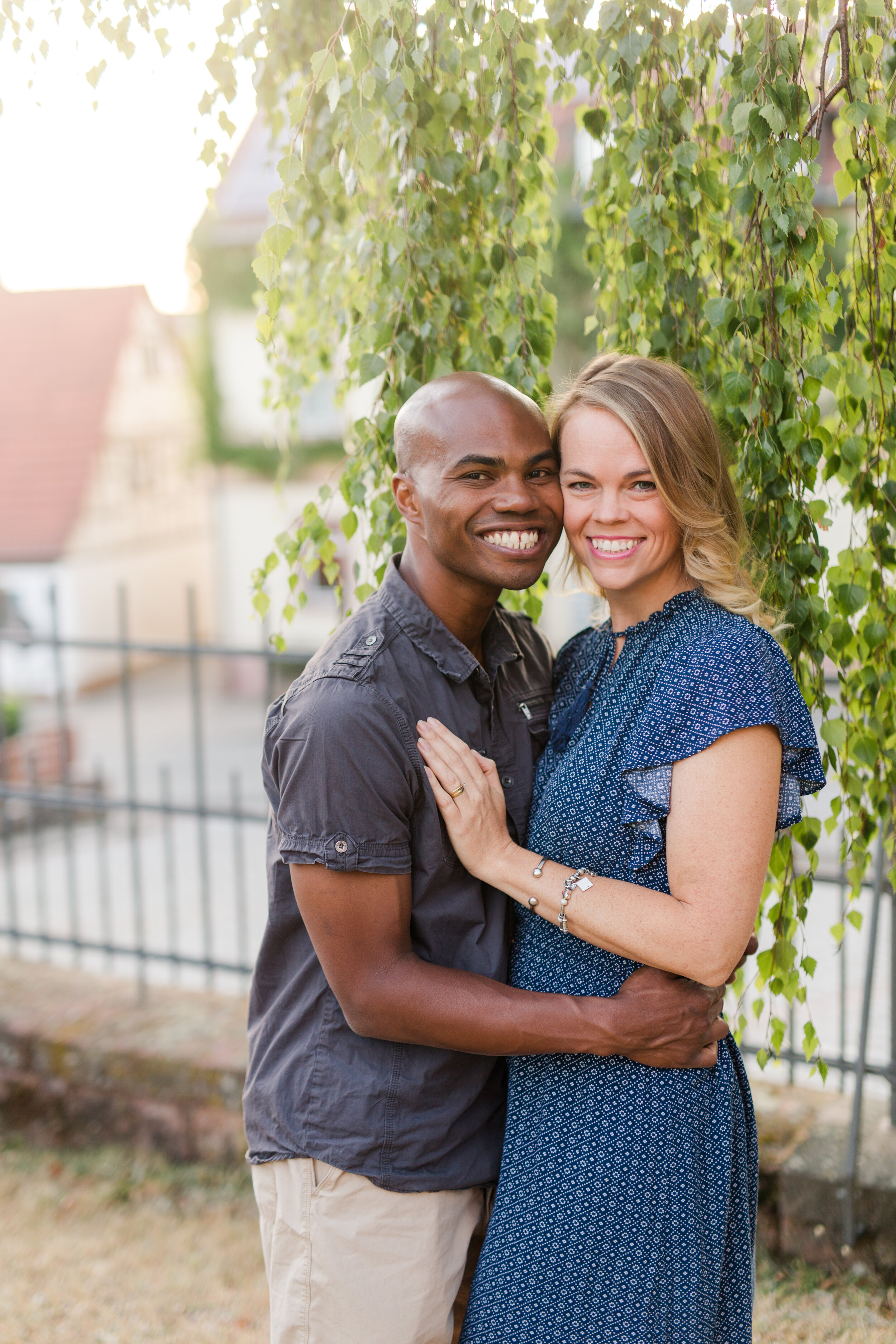The Different Languages of "I'm Sorry"
/ADELAE ZAMBON
I vividly remember the early disagreements of our relationship. We were still dating and the concept that this person I was head-over-heels for might have a differing viewpoint or preference literally stunned me.
PHOTOGRAPHY: FOUR LOVES PHOTO & FILM
Navigating differences of opinion, unmet expectations, hurt feelings, or surfacing mistrust in a relationship can be nothing short of a challenge. Resolving any type of discord between you and your significant other can feel awkward, messy, and even uncertain at the beginning.
It takes time to learn about one another. It takes intention to learn how to love one another. And ultimately, the vulnerable, humble, open receptivity required of asking for and extending forgiveness can strengthen a relationship.
Because the Lord can bring good through all things, conflict can fortify and refine a couple, making them more “one.”
Once we’ve experienced contention, though, how do we go about reconciliation?
In the early days of our relationship, this was harder than we’d expected. That is, until my husband came across The 5 Apology Languages.
Like many of you, we’d heard of The Five Love Languages, Gary Chapman’s popular book on the topic had been a New York Times Bestseller for over ten years. Then we discovered that there are reconciliation styles or “apologies languages” as well! This changed our relationship; but before it did, I had to be won over because I was skeptical. I believed that in a loving, trusting relationship, I should simply trust his apology was genuine.
Eventually, I agreed to take the online quiz. . . turns out we had very different apology languages!
The results of the quiz revealed that my primary apology language was “Expressing Regret.” According to 5lovelanguages.com, “for those who listen for ‘Expressing Regret’ apologies, a simple ‘I’m sorry’ is all they look for.” As someone who listens for this apology language, I need my other-half to express his genuine remorse for the emotional hurt that had been caused. As long as he acknowledges his regret for the hurt that I felt and expresses it wasn’t his intent, I can find closure and healing.
On the other hand, my spouse’s primary Apology Language was “Accept Responsibility.” As 5lovelanguages.com explains, “for many individuals, all they want is to hear the words, ‘I am wrong.’ If the apology neglects accepting responsibility for their actions, many partners will not feel as though the apology was meaningful and sincere.” With this apology language, the admission of fault is key. For Joe, in order for him to feel the conflict was resolved, he needed me to accept responsibility for my action or words and the effect they had on him.
Example A of how this would unfold:
I am hurt. Joe would try to apologize by taking ownership for what he did: “I’m sorry that I said xyz. I shouldn’t have said that.”
Yet, I would still ache for him to say he didn’t mean to hurt me so we would not find complete closure from the conflict.
Example B, in the reverse scenario:
Joe is hurt. To try to make things right, I would say that I hadn’t meant to hurt him: “I’m sorry that it hurt when I said xyz; I didn’t mean to make you feel dismissed. I meant ____.”
Yet, in me trying to explain what my intention was, Joe heard excuses; he wanted me to say that I was wrong. I needed to admit fault and take accountability. Thus, the conflict remained unresolved.
As you can see, it’s so easy to “miss” each other in attempts to reconcile and resolve a misunderstanding or an interaction that left one or both people hurt.
Just as knowing your beloved’s love language helps us to care for them in the ways they want and need to be loved through physical touch, acts of service, words of affirmation, gifts and quality time, so does knowing their apology language helps us to love them into healing and reconciliation.
Without this knowledge, we may unknowingly be overlooking an opportunity to extend charity where they seek it most.
More resources for understanding you and your spouse’s apology language:
Now You’re Speaking My Language by Gary Chapman
The Five Apology Languages by Gary Chapman
About the Author: Adelae Zambon is a “transplant Texan,” who met and married a Canadian singer-songwriter. Together they share a love for ministry and journeying with other couples into the healing, redemptive power of the Sacrament of Marriage. In her spare time, Adelae enjoys road trips punctuated by local coffee shop stops along the way. However, she will most often be found chasing a delightfully inquisitive toddler or savoring every moment of naptime for the space it offers her to write.
































